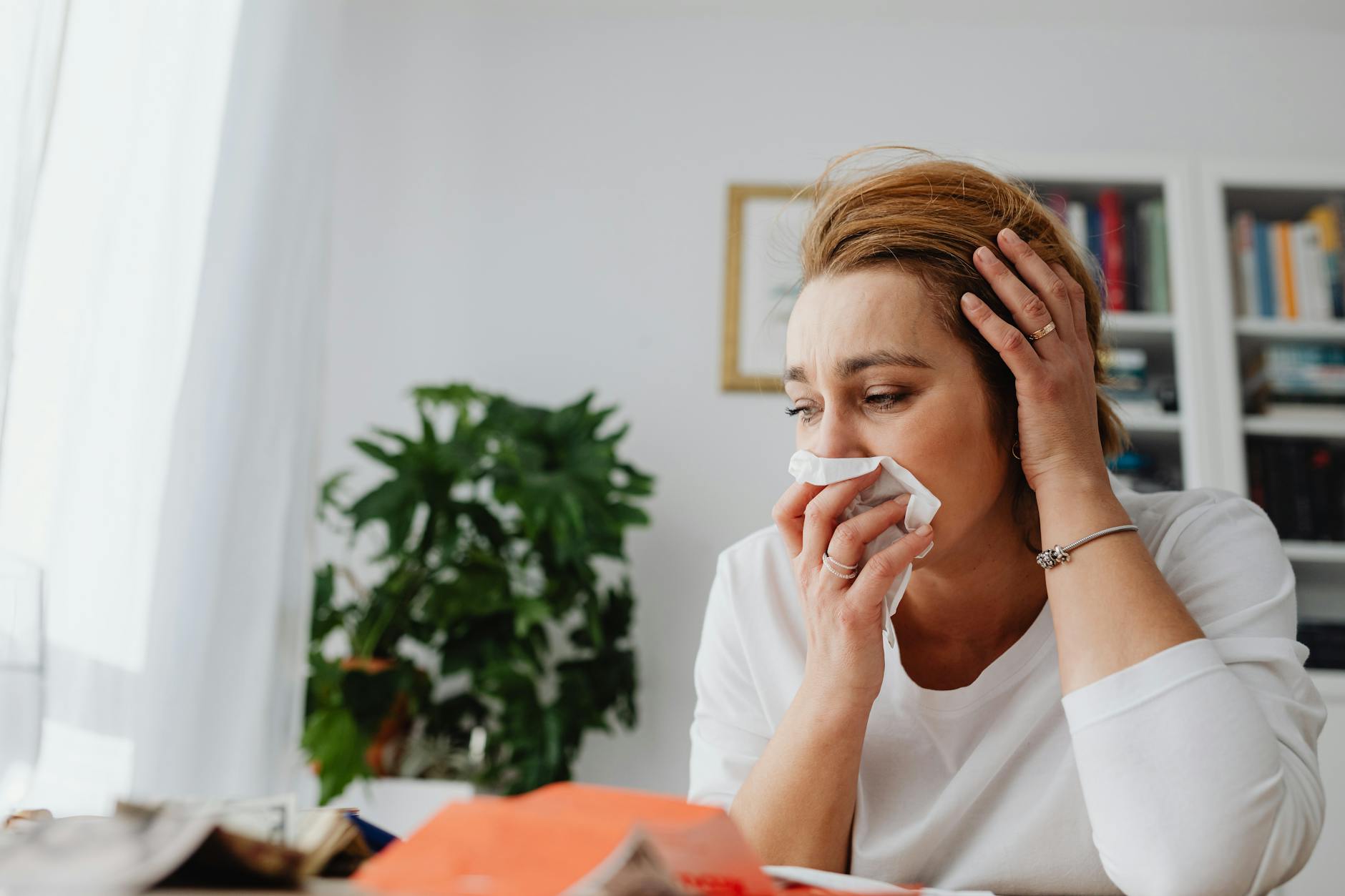
When the blooming seasons turn torture due to allergies, most people turn to usual remedies, but have you ever wondered how doctors deal with their seasonal allergies? From neti pots to allergy shots, eight physicians disclosed their personal survival strategies against seasonal allergies. Here’s your peek into doctors’ allergen-fighting arsenals:
1. Neti Pots for Nasal Irrigation
Dr. Amy Lee, a family practitioner, swears by the Neti Pot, a device used for nasal irrigation. This ancient technique that originated from Ayurvedic medicine involves rinsing the nasal cavity with saline solution. “It physically flushes out mucus and allergens from your nose,” Dr. Lee explains. Using a Neti Pot can reduce congestion and alleviate symptoms associated with hay fever and other allergies.
2. Allergy Shots for Long-Term Relief
Allergist Dr. Raj Patel offers insight into a more prolonged approach—immunotherapy, commonly known as allergy shots. “Allergy shots are beneficial as they gradually decrease your sensitivity to allergens,” notes Dr. Patel. He explains that this treatment might take a few years to be fully effective, but it can lead to significant long-term relief.
3. Over-the-Counter Antihistamines
Pediatrician Dr. Susan Choi relies on antihistamines to control her symptoms. “When it’s allergy season, I don’t leave the house without my antihistamines,” says Dr. Choi. These drugs block histamine, a compound released by the immune system during an allergic reaction that causes itching, swelling, and mucus production.
4. HEPA Filters to Purify Air
Environmental allergens can be a nightmare, says pulmonologist Dr. Kyle Thompson, who uses HEPA air purifiers at home and his office. “HEPA filters trap allergens such as pollen, mold spores, and dust mites,” Dr. Thompson points out. This helps decrease the amount of allergen you inhale indoors.
5. Maintaining a Clean Environment
Dermatologist Dr. Hannah Lee emphasizes the importance of cleanliness to avoid aggravating allergens. “Frequent cleaning of your living spaces prevents the accumulation of dust and pet dander,” she suggests. Dr. Lee also recommends removing clothes worn outside and showering before bedtime to remove allergens.
6. Nasal Steroid Sprays
Dr. Oliver Martinez, an ENT specialist, uses nasal steroid sprays daily during allergy seasons. These sprays help decrease inflammation in the nasal passages, greatly relieving sneezing and congestion. “Nasal steroids are a cornerstone in managing seasonal allergies,” he says.
7. Dietary Adjustments
Gastroenterologist Dr. Nina Singh points out the connection between diet and allergies. “Eating foods high in omega-3 fatty acids can reduce inflammation, potentially easing allergy symptoms,” she recommends. Foods like flaxseeds, walnuts, and fish are excellent sources.
8. Staying Informed About Pollen Counts
Lastly, Dr. Michael Green, a general practitioner, stays ahead of high-pollen days by checking local pollen counts regularly. “Knowing when the pollen count is high helps me to plan my activities, so I can avoid being outdoors on particularly bad days,” Dr. Green advises.
Conclusion
Even doctors, with all their medical knowledge, use simple yet effective strategies to manage their seasonal allergies. Whether it’s through traditional remedies like Neti pots or modern approaches like allergy shots and HEPA filters, learning how these professionals tackle their allergies provides valuable insights and practical tips for everyone suffering during allergy season. Adjusting your environment and lifestyle based on these examples can lead to a much more comfortable life during those troublesome months.



